Sony’s PlayStation 4 may be entering its eighth and final year in 2020, but that doesn’t mean you can’t be a new PS4 owner this holiday season. After all, game consoles are cheaper than ever ahead of next fall’s next-gen refresh, and there are scores of amazing titles from the last decade or so that are still worth playing.
For Sony, 2020 is going to be a huge year, in fact. There’s Final Fantasy VII Remake coming in March, as well as The Last of Us Part II in May. There’s also a pair of excellent-looking new samurai games, Ghost of Tsushima and Nioh 2, both coming as PS4 exclusives next year. Every one of those games is a good reason to get a PS4 now, especially if you don’t plan on diving in headfirst into the next generation 12 months from now.
But, say you’ve never owned a PS4 before and you have a huge backlog you want to get through before the PlayStation 5 drops. We’ve got a list here of where to get started. It differs from last year’s (in which I recommend some of the more obvious choices like God of War, Horizon Zero Dawn, and Spider-Man), so feel free to check out both if you’re looking for even more options.
We’ve rounded up our favorite and most-used games, apps, and entertainment. Check out our app picks for iPhones, Android phones, PCs, Macs and TVs; our favorite mobile games from Apple Arcade and Google Play Pass; and our top choices for the PS4, Xbox One, and Nintendo Switch. We’ve also listed our favorite streaming shows on Disney+, Hulu and Netflix, some great sci-fi books, and exciting new podcasts. (Note: pricing was accurate at the time of publishing, but may change.)
Bloodborne
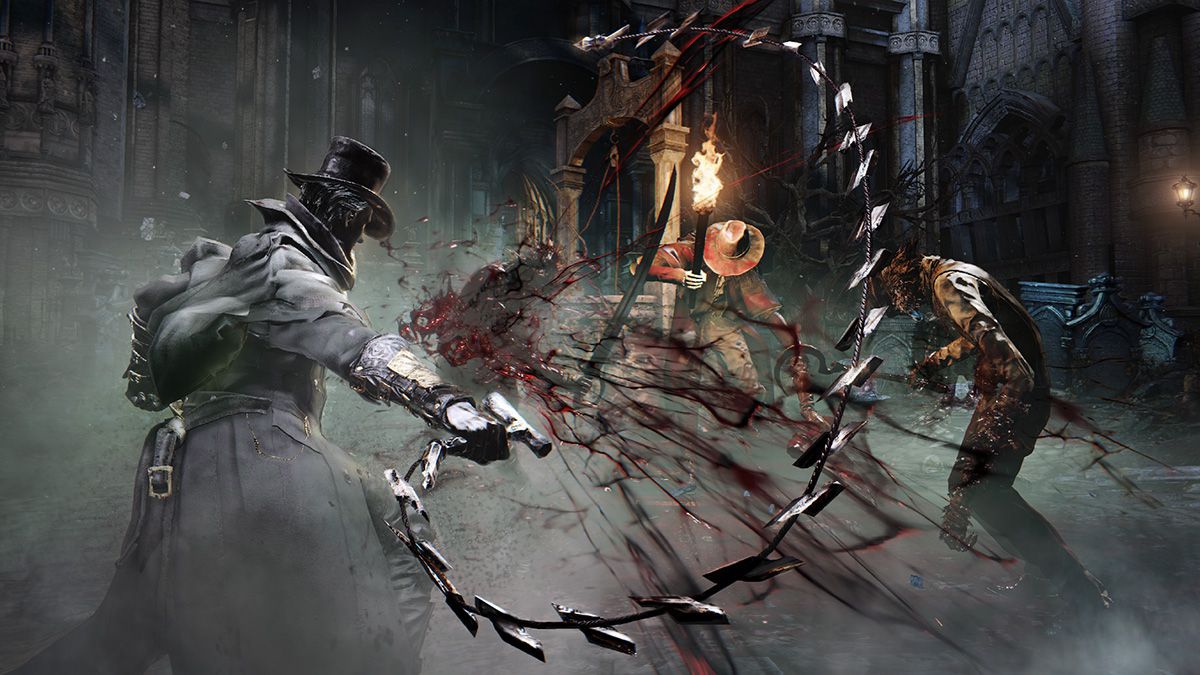
Listen: last year, this year, and every year from now on, the No. 1 PlayStation recommendation will be From Software’s Bloodborne. There’s no getting around it. It is just that good. Although it came out way back in 2015, the PS4 exclusive, which built on the Dark Souls and Demon Souls formula by stripping it down to a simplified stat and weapon set and mashing it up with jaw-dropping gothic visuals and themes, remains one of the best games of the decade. If any ounce of your game-playing proclivities lean anywhere near action / adventure / RPG games, you owe it to yourself to play Bloodborne, even if it at first seems impossibly hard. Mastering that game is as rewarding an experience as video games have to offer.
Death Stranding
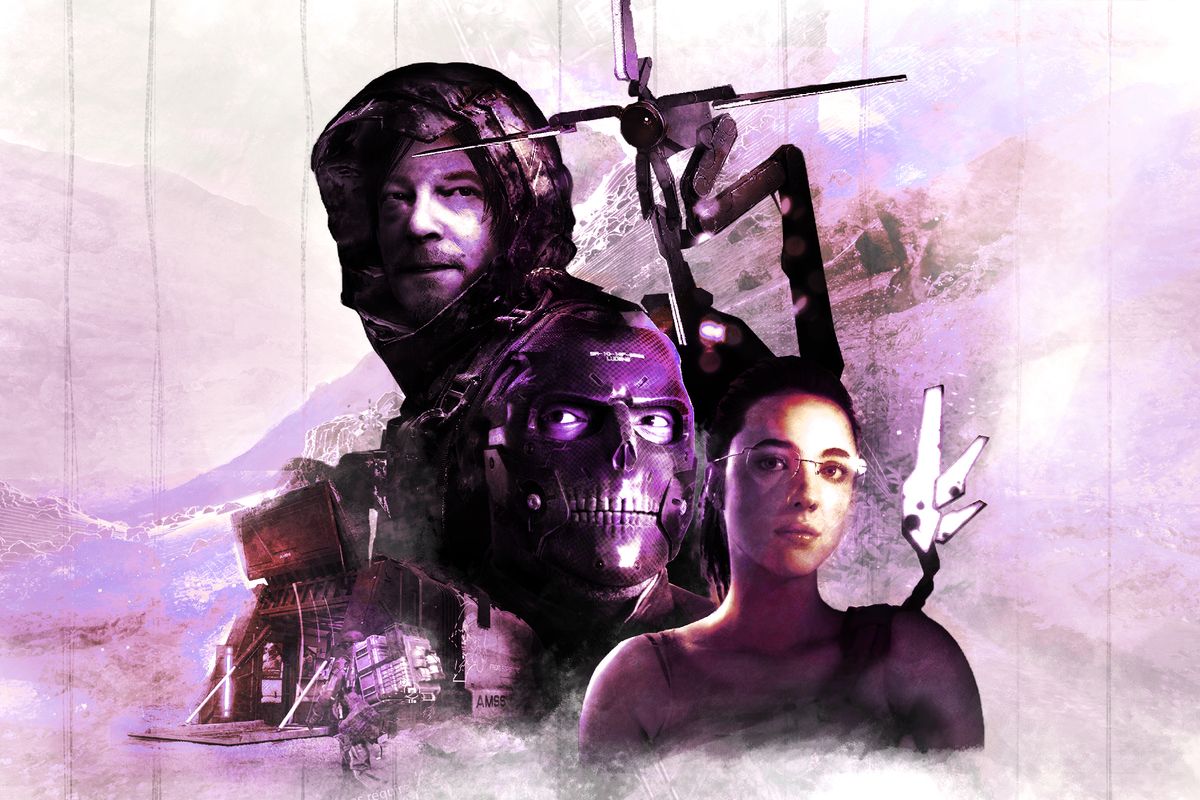
No release in 2019 was quite as polarizing as Metal Gear Solid creator Hideo Kojima’s much-hyped single-player epic Death Stranding. While many critics and fans alike praised the intricate storyline and the just plain off-the-wall elements of the game, like the literal baby you carry around in an orange tube strapped to your suit, the actual gameplay involved a lot of repetitive drudgery, like increasingly elaborate courier missions. Many people compared the act of playing the game to being a post office worker, or an Amazon package delivery man, but in the post-apocalypse. Whatever your thoughts, it’s very much a Kojima experience, and the auteur’s brand of storytelling has deep ties to the PlayStation platform and always has. That makes it worth a shot.
Control
Remedy Entertainment’s Control has steadily emerged as 2019 game of the year material. It came out back in August, and critics at the time lavished well-earned praise on the game for its spooky atmosphere and visuals, cryptic storytelling, and stunning environmental design. The game borrows generously from iconic literary fiction, most notably Mark Danielewski’s House of Leaves and Jeff VanderMeer’s Southern Reach Trilogy. It features a clandestine government agency’s inexplicable and often violent encounters with the supernatural inside an ever-expanding brutalist skyscraper called the Oldest House. And if that’s not enough, it has some killer physics and spectacular graphics, alongside Metroid-style puzzle solving and secret hunting.
Star Wars Jedi: Fallen Order
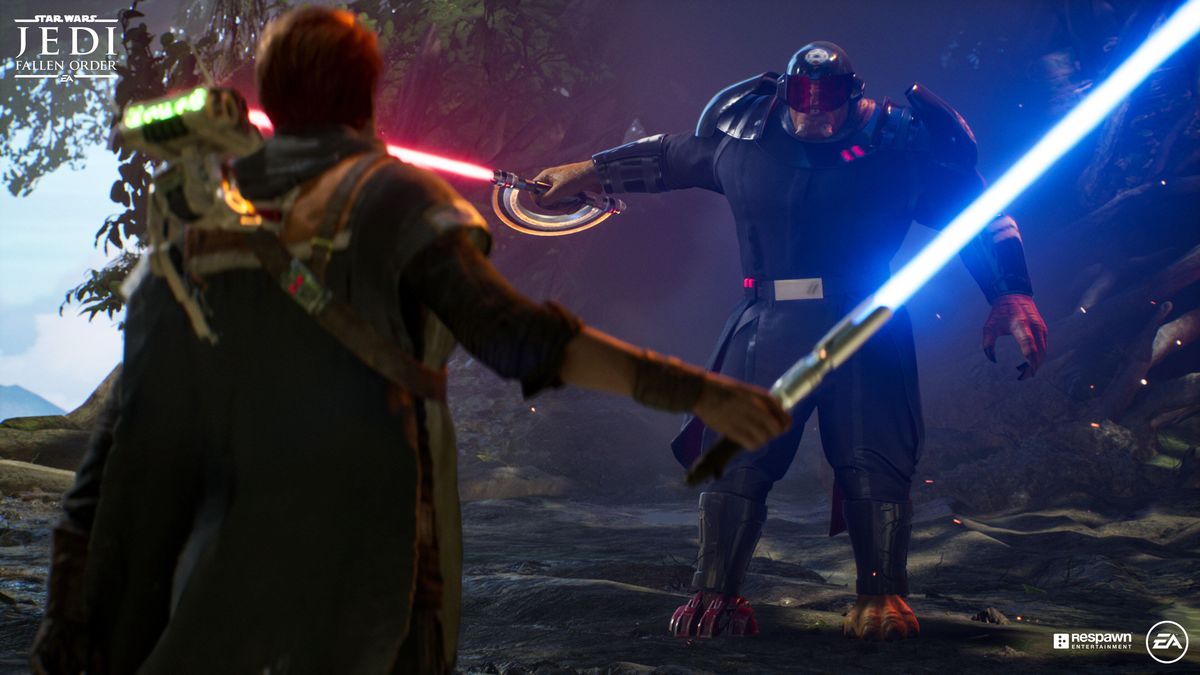
Nobody was quite expecting 2019 to deliver a good Star Wars game. After all, since Electronic Arts acquired the rights to develop titles in George Lucas’ fiction universe, solid Star Wars games, especially of the single-player variety, have all but disappeared. But then came Jedi: Fallen Order, from Titanfall and Apex Legends creator Respawn Entertainment. It’s a pleasantly immersive, well-written, and fun single-layer Jedi game, with lightsaber combat, puzzle-solving, and some light open-world exploration.
It’s pretty much a best-of compilation from across the spectrum of action-adventure games, borrowing bits and pieces from iconic titles like the new God of War and the Dark Souls series. Plus, it has some great never-before-seen Star Wars lore, just in time for The Rise of Skywalker.
Sekiro: Shadows Die Twice
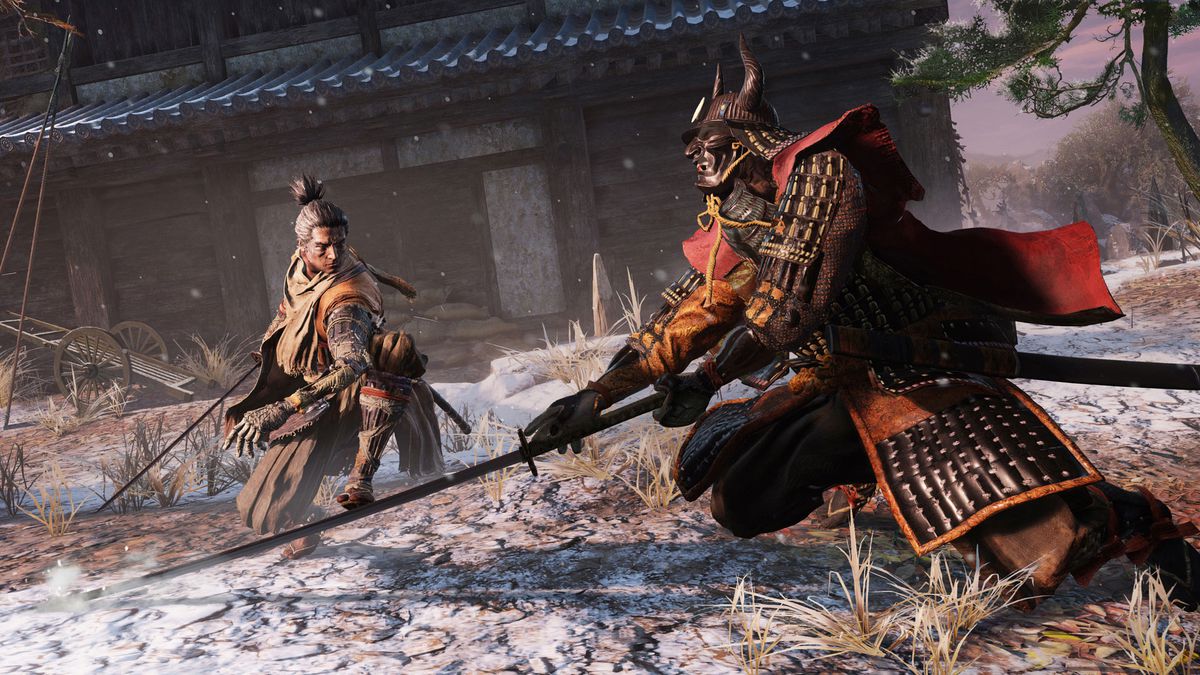
My personal game of the year and perhaps the best samurai game ever made, Sekiro: Shadows Die Twice exceeded the hype in every way. It’s a From Software title, so it plays like Dark Souls and Bloodborne. But it changes the formula in dramatic ways, adding a verticality to combat and exploration by way of a grappling hook, as well as a unique parrying system that turns every battle into a high-stakes tug-of-war where you repeatedly clash blades until you wear your opponent down and strike a finishing blow.
On top of that, the feudal Japanese setting is rich, beautifully designed, and a refreshing change of pace from the medieval fantasy and horror elements of past From Software titles. Oh yeah, did I mention that it will kick your ass? Yeah, it’s one of the hardest gaming experiences I’ve ever endured. But it also inspires you to rise to the challenge unlike any game of its kind before it.
Nioh
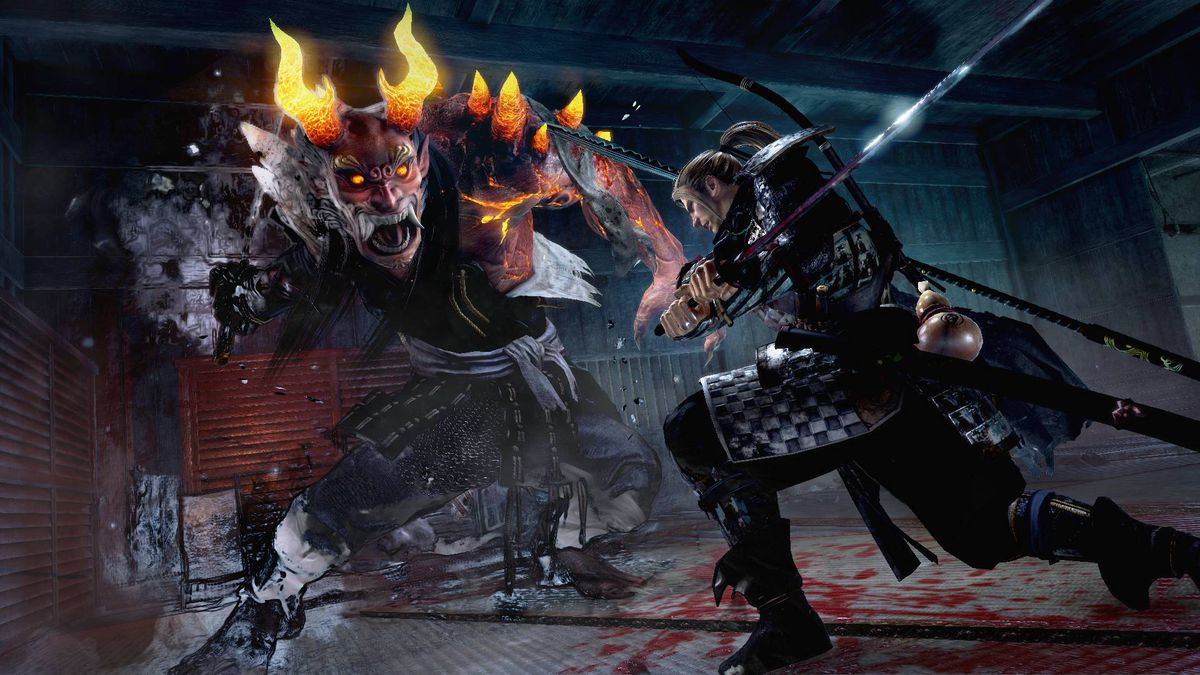
Before Sekiro, there was Nioh. A Dark Souls-inspired samurai game set in Japan, Nioh takes the more fantastical route, adding magic and demons alongside a brutal difficulty curve that makes it among the hardest action RPGs in the genre. It’s made by Team Ninja, the iconic Japanese studio behind Dead or Alive and Ninja Gaiden, but it came out at a time when tons of developers were borrowing from Dark Souls and putting their own spin on it. That meant Nioh went a little under the radar.
It’s well worth picking up even two years later. The sequel is coming out next year as a PlayStation 4 exclusive (with a PC release, like the first game), and it should smooth over many of the original game’s rougher edges. But to appreciate the sequel, it’s best to play the first, at least so you know what you’re getting into.
The Witcher 3: Wild Hunt
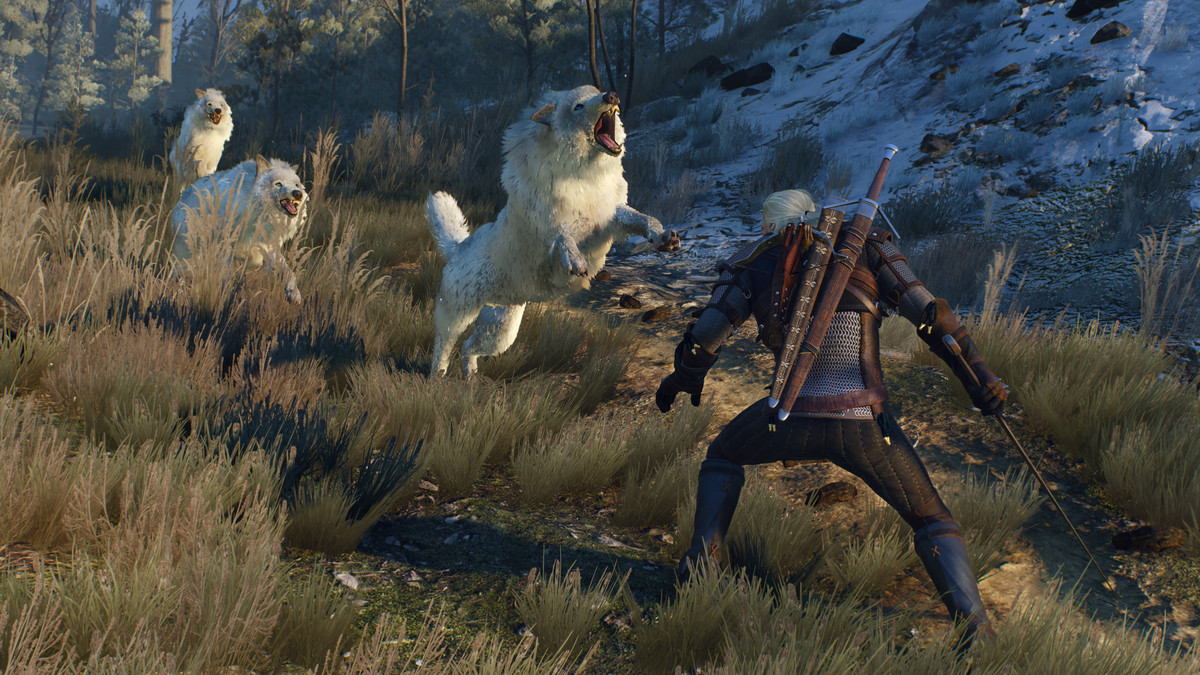
The Witcher 3: Wild Hunt is widely considered to be among the best, if not the best, open-world RPGs of the decade. It’s gigantic, incredibly well-written, and so immersive and full of life that it’s now the basis of Netflix’s most high-profile original TV show of the holiday season. The game has created a legion of fans who’ve devoured every book and backstory detail available, and it also turned Polish developer CD Projekt Red into gaming superstars, giving the studio the resources to work on the highly anticipated Cyberpunk 2077. So what makes The Witcher 3 so good? It’s hard to pin it on just a few elements, but the game’s engrossing side quests and its consequential, player-driven storyline choices are standouts. Everyone should play it.
Tetris Effect
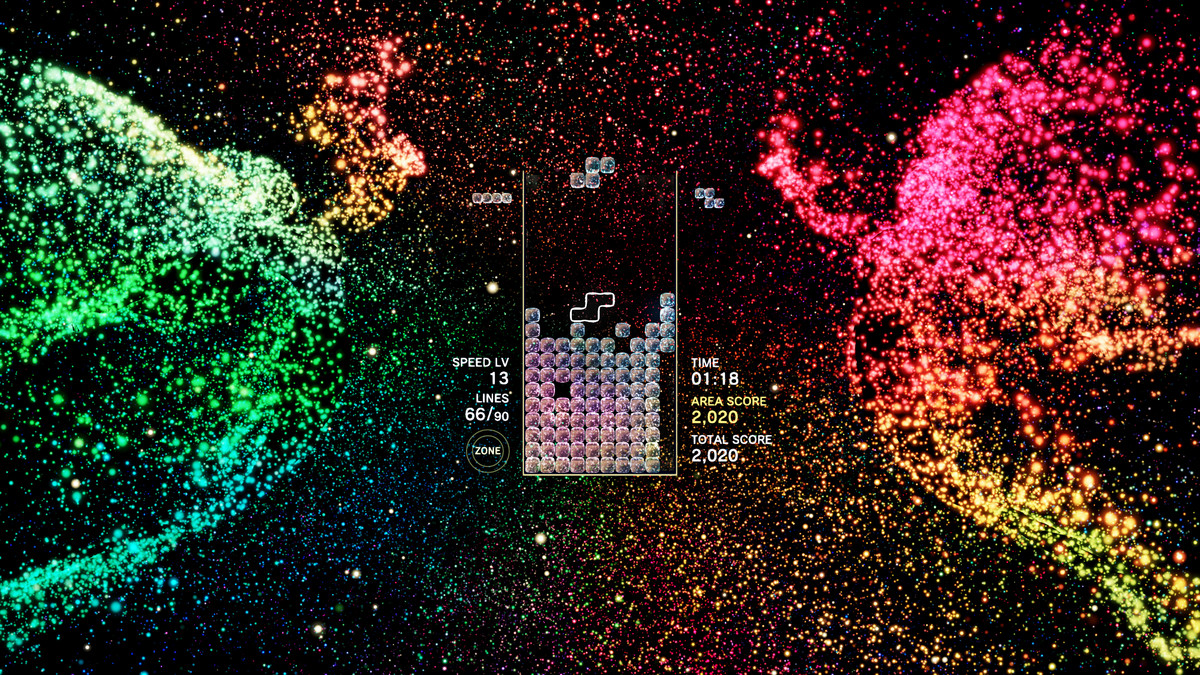
Tetris Effect is that remarkable game you never knew you wanted until the first few moments you sit down to play. It’s an audio-visual reimagining of the classic puzzler from the studio behind Rez Infinite, headed up by legendary Japanese game designer Tetsuya Mizuguchi. What makes it so amazing is that it manages to cover such a wide range of emotions with effectively unchanging gameplay throughout (although there are plenty of custom modes and other variations you can play with).
In one stage, you’re moving slowly and methodically while waves crash in the background to serene, down-tempo electronic music. In another, you’re furiously hard-dropping literal flaming tetriminos while a thumping, high-BPM track keeps the tension high. It’s a rare puzzle game that you both focus intensely on and totally zone out; it just depends on what mood you’re looking for, and what kind of music you’d like to hear.
Until Dawn
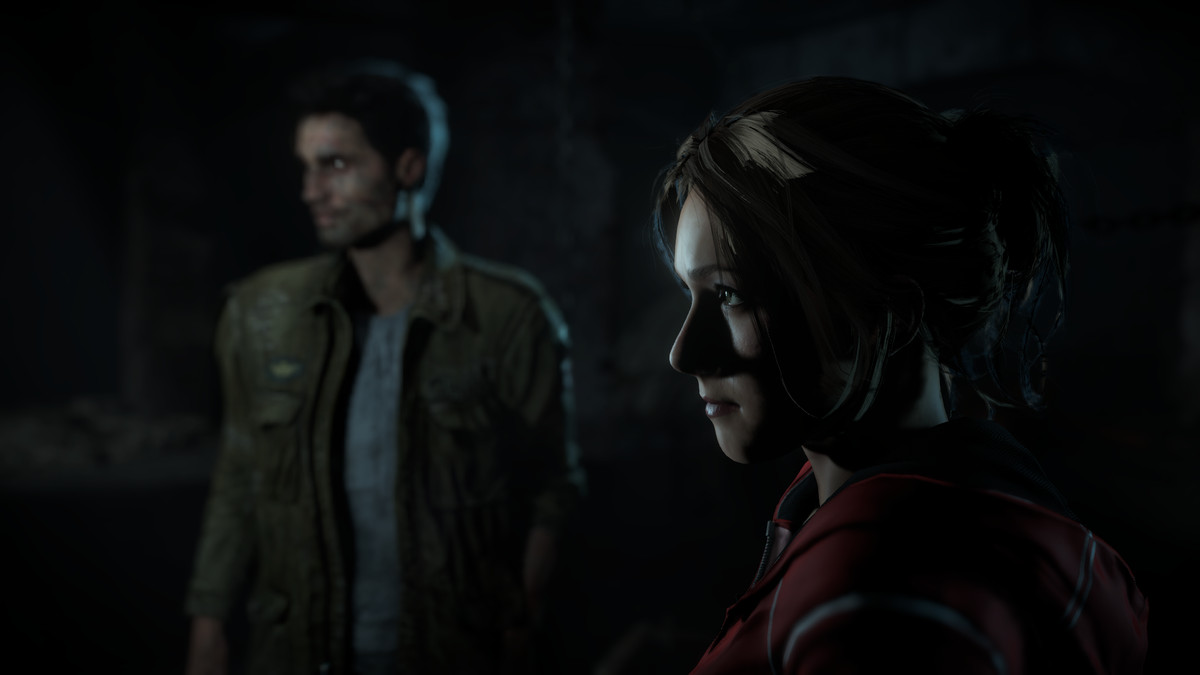
Until Dawn is one of those rare experiences that we haven’t really seen repeated, even though it came out more than four years ago. It’s a choice-driven horror game, where you get to decide whether the main characters live or die. It fully embraces and utilizes horror movie tropes, but in a context that feels wholly unique. The only titles that really come close are the choice-driven narrative games of David Cage’s Quantic Dream.
The real heart of Until Dawn, however, is the freedom you have to experiment with each character’s relationship to one another, something the game continuously measures and allows you to alter through conversation and other behaviors. That creates scores of little moments between the big beats in the storyline where you can see the effects of your choices in subtle dialogue and other minute character interactions. Until Dawn makes you an omnipotent director of its small cinematic world, and that’s interesting enough to come back to all these years later.
Judgement
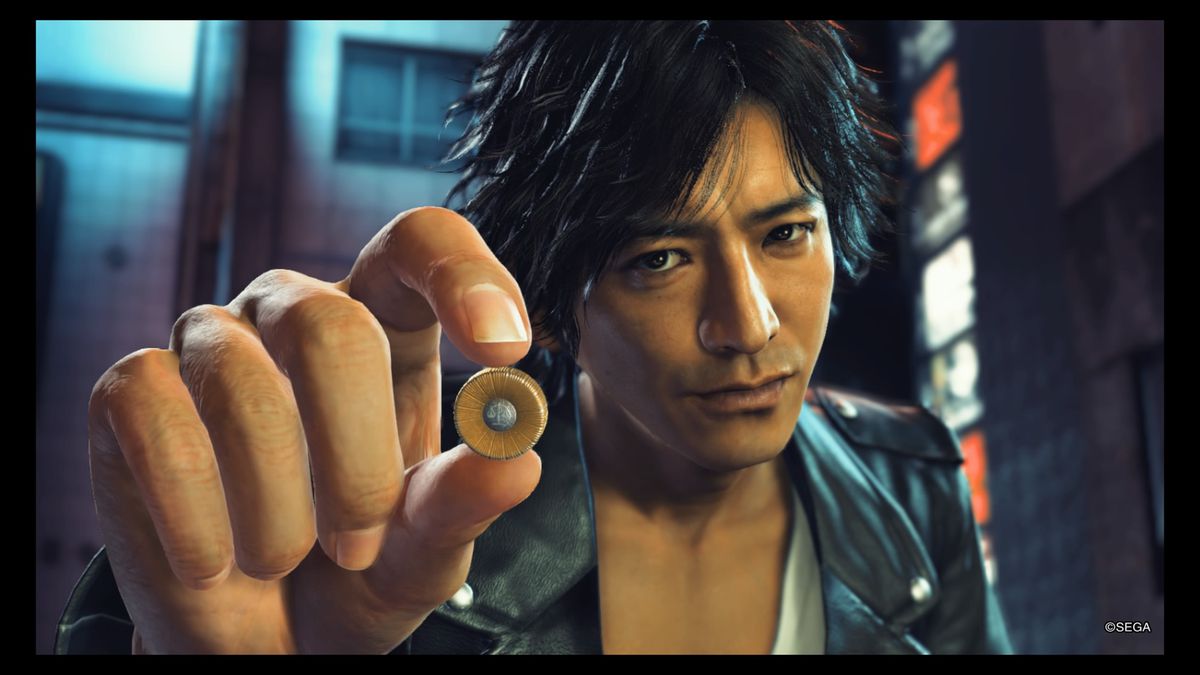
Fans of the Sega’s long-running Yakuza game series probably don’t need to be lectured on the merits of its detective spinoff Judgement. But for those not steeped in the Japanese crime franchise’s storied look and feel, Judgement is a crime-solving game that mixes high-quality, cinematic visuals and cutscenes with intuitive problem-solving sequences. And tons of beat-em-up street combat, because it is a Yakuza game.
It’s all set in a fictional version of Tokyo’s Kabukicho red light district, featuring a lawyer-turned-private investigator with a harrowing past who’s now confronting a series of mysterious murders targeting yakuza members. But Judgement’s strengths are in how realized its world is — you can eavesdrop on businessmen in an outdoor smoking section if you like — and how it uses its detective spin on the Yakuza world to tell a darker, more serious story.
The Last of Us Remastered
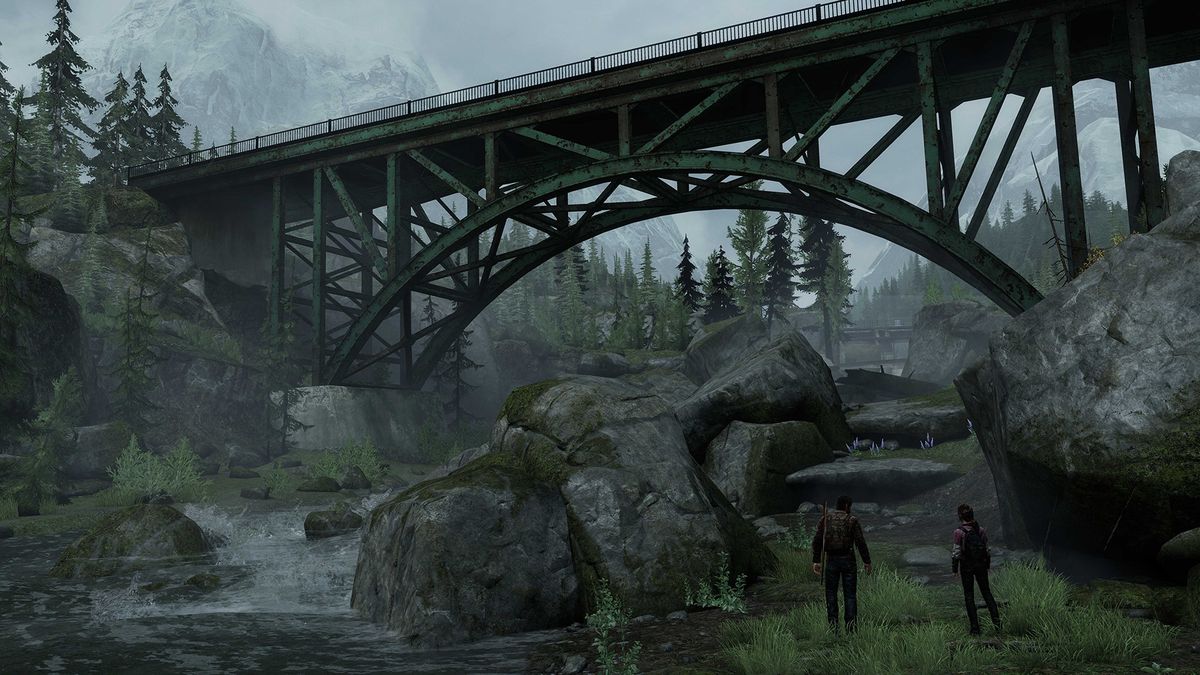
Naughty Dog’s masterpiece The Last of Us came out more than six years ago, and as a kind of swan song for the PlayStation 3. So yes, it can feel a little dated and it doesn’t look quite as good as, say, Horizon Zero Dawn or God of War. But the remastered version, which used PS4 hardware to improve resolution and frame rate, and offer some other performance bumps, can still stand tall as one of the best games of this current generation.
The Last of Us had a massive impact on the world of narrative-driven single-player games, and the relationship between the main characters Joel and Ellie ranks among the most complex forms of video game storytelling we’ve ever seen. The gameplay, a mix of stealth and brutal combat, is tense and no-frills, and the game’s writing and narrative pacing is unrivaled. Plus, the long awaited sequel is coming next May. That makes right now as good a time as any to play the original, or even to revisit it if you last played more than half a decade ago.
Vox Media has affiliate partnerships. These do not influence editorial content, though Vox Media may earn commissions for products purchased via affiliate links. For more information, see our ethics policy.
https://www.theverge.com/2019/12/25/21020841/playstation-4-ps4-best-games-top-backlog-death-stranding-star-wars-sekiro

